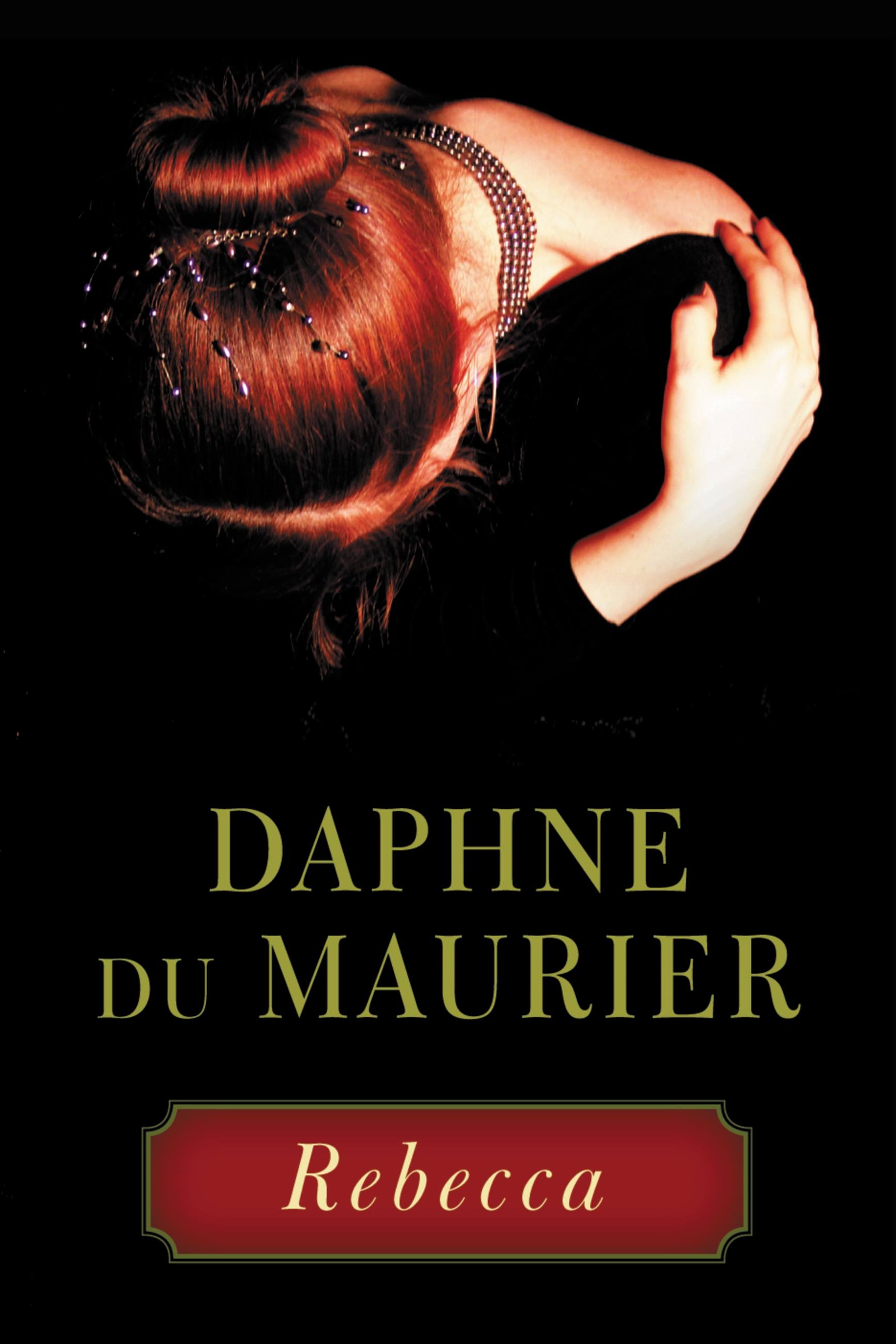

Another, even earlier story that Rebecca draws from is the French folktale of Bluebeard, in which a rich, powerful nobleman marries a naïve young wife, who explores his mansion and eventually discovers that he has murdered all his wives before her.Last night I dreamt I went to Manderley again. Danvers in Rebecca, sets fire to the manor house at the end of the novel). Much like the narrator of Rebecca, Jane Eyre, the titular heroine, falls in love with Rochester, the shadowy master of Thornfield Hall, in spite of Rochester’s conflicted relationship with his previous wife, Bertha (who, much like Mrs.

One Gothic novel to which Rebecca explicitly alludes is Charlotte Bronte’s Jane Eyre (1847). Danvers while piecing together her husband’s complex past. The Gothic is an obvious influence on Rebecca: the narrator comes to live at Manderley (a mysterious, imposing manor), and contends with the intimidating, sinister Mrs. In a novel of this kind, a young protagonist, almost always female, is summoned to live at a mysterious, imposing manor house, where she has to contend with intimidating new circumstances and mysterious characters with shadowy pasts. The Gothic novel was a popular English genre in the 18th and 19th centuries. The most important point of comparison between Rebecca and its related literary works is its strong Gothic atmosphere. Du Maurier died in 1989, just as she was ceasing to be regarded as a mere “genre writer” and beginning to be celebrated as one of the 20th century’s most talented authors.

Du Maurier married Frederick Browning in 1932, and remained married to him for the rest of her life, despite many suggestions that she was unhappy in her marriage, or was a repressed homosexual. These works include Rebecca, adapted as an Academy Award-winning film by Sir Alfred Hitchcock, “The Birds,” also adapted as a Hitchcock film, and “Not After Midnight,” adapted as the celebrated 1973 horror film Don’t Look Now. Du Maurier became enormously wealthy after a number of her writings were turned into Hollywood films. Her short stories were highly popular, and several of her novels, including Rebecca (1938) and Jamaica Inn (1936), were bestsellers. Inspired in part by her father and mother, she wrote the bulk of these works in a suspenseful style, aiming to dazzle and thrill her readers. Throughout the 30s, 40s, and 50s, du Maurier wrote an astounding number of short stories, plays, and novels. As a teenager, du Maurier wrote and read constantly, and her parents encouraged her to paint and act in addition to her literary endeavors. Daphne du Maurier was born to a prominent show-business family: her father was a famous theater manager, and her mother was a well-known author.


 0 kommentar(er)
0 kommentar(er)
